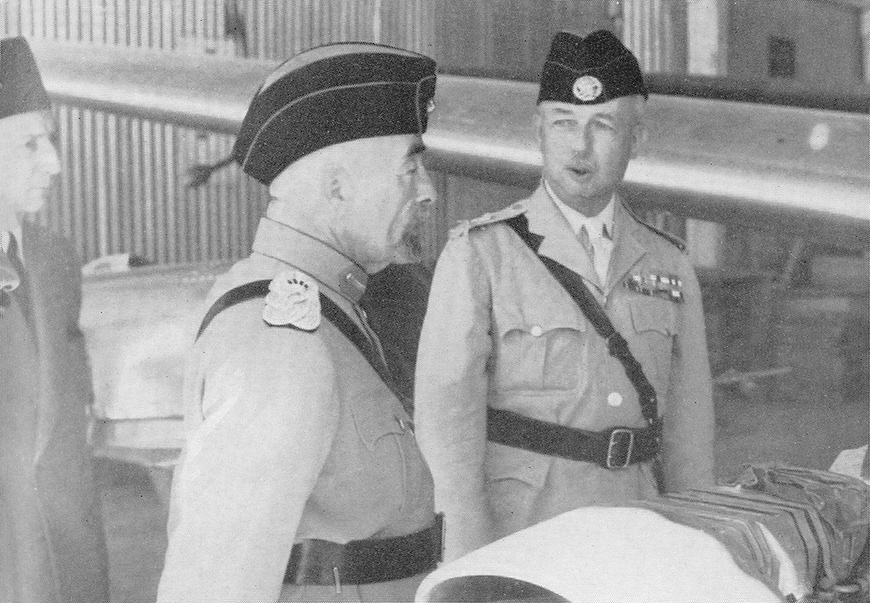Introduction by Avi Shlaim for the Balfour Project to his paper in The Journal of Palestine Studies
By Avi Shlaim
From 1920 to 1948 Britain held the mandate over Palestine. From the beginning, Britain pursued a pro-Zionist policy which facilitated the Zionist takeover of Palestine. The cornerstone of mandatory policy was to deny representative institutions until the Jews became a majority. When an Arab revolt broke out in 1936, the British army suppressed it with the utmost brutality. Palestine was not lost in the late 1940s, as is commonly believed, but in the late 1930s. Britain played a crucial, but still unacknowledged, role in the Palestinian tragedy.
In 1947 the United Nations voted for the partition of Palestine into two states: one Arab, one Jewish. Officially, Britain adopted a neutral position and declined to enforce the partition plan. In reality, it preferred its client, King Abdullah of Jordan, to take over the Arab part of Palestine. In British eyes, a Palestinian state was synonymous with a state of its enemy, Hajj amin al-Husseini, the leader of the Palestinian national movement. Hostility towards this movement was a constant theme in British policy in 1947-1949. This manifested itself in Britain’s secret backing for Abdullah’s bid to capture the West Bank, the heartland of the planned Arab state.

The regular armies of the neighbouring Arab states intervened in the conflict upon expiry of the British mandate, ostensibly to liberate Palestine. In reality, they served conflicting national agendas. The inability of the Arab states to coordinate their diplomatic and military strategies was one of the reasons for the Arab defeat. Following the invasion, the war in Palestine degenerated into a general land grab. The winners in this war were the Zionists, who expanded the territory of their state from the 55 percent of the partition plan to 78 of mandatory Palestine, and King Abdullah, who captured the West Bank and later annexed it to his kingdom. The losers were the Palestinians. Three quarters of a million Palestinians became refugees and the name Palestine was wiped off the map.
The article that follows deals with British policy in the 1948 war. The motives and involvement of the other participants are covered in Eugene L. Rogan and Avi Shlaim, editors, The War for Palestine: Rewriting the History of 1948 (Cambridge University Press, 2001, 2nd ed. 2007).
Avi Shlaim
4 August 2022
Source: Journal of Palestine Studies, Vol. 16, No. 4
